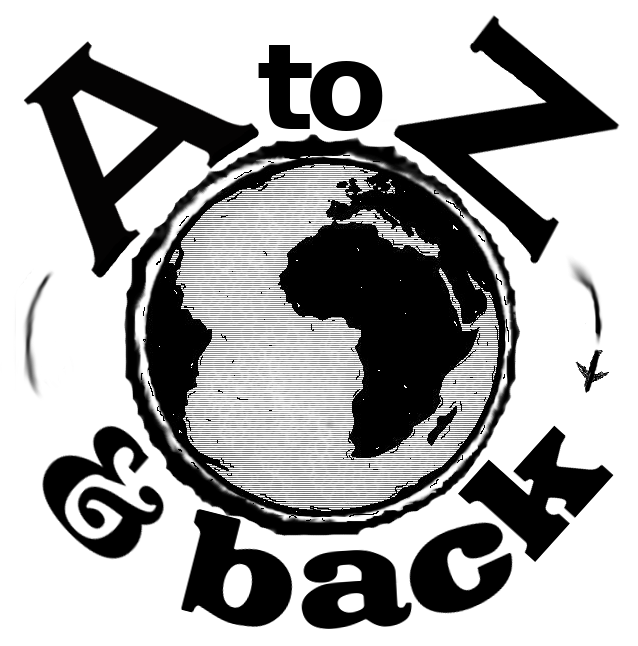Family
My 35 Hour Day
I left Chiang Mai, Thailand at 25 minutes after midnight this morning, February 12. That first leg took 4 hours and 45 minutes, but I traveled two times zones towards the sunrise, so I arrived at 7:10am local time in Seoul, Korea. My ongoing flight wasn’t scheduled until 6:15pm, so Read more…
